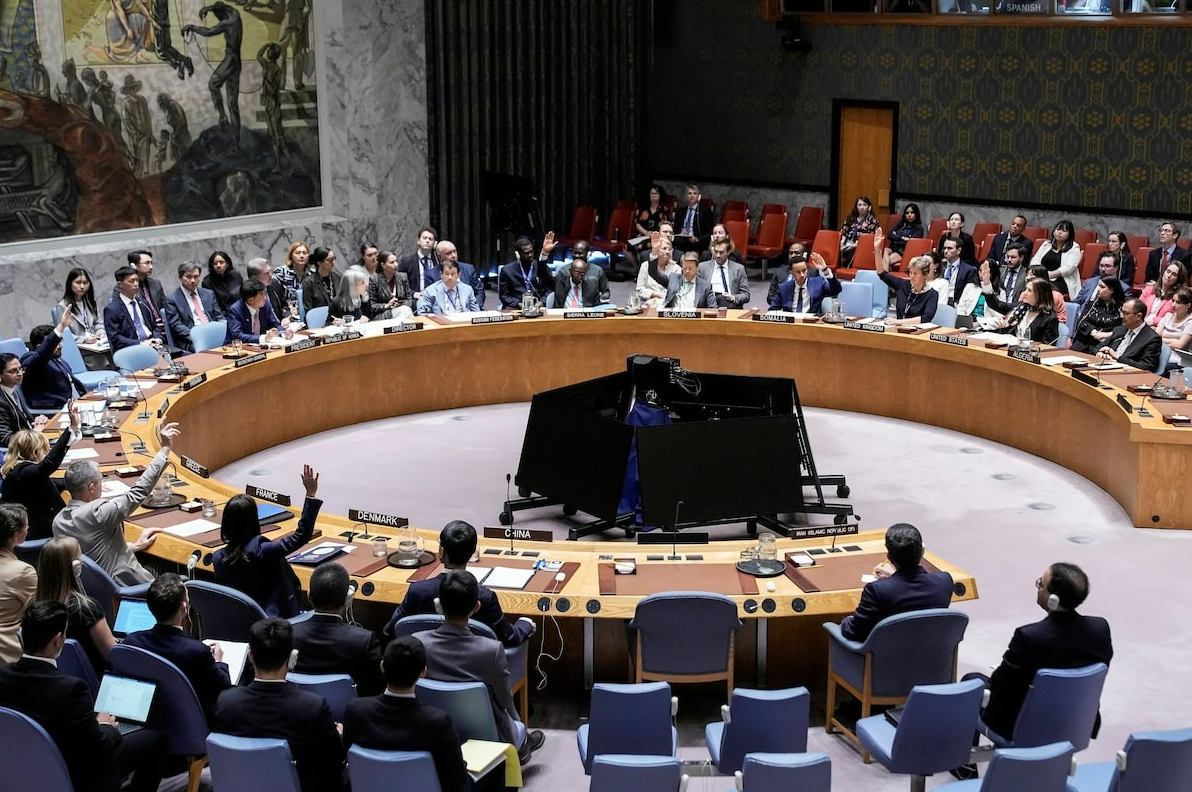New York (QNA): The United Nations has reinstated international sanctions on Iran, effective early Sunday, after the UN Security Council granted reactivation under the “snapback” mechanism of the 2015 Iran nuclear agreement. This move is aimed at intensifying pressure on Tehran over its nuclear activities.
Germany, France, and the United Kingdom — the so-called European “E3” — issued a joint statement saying they had triggered the snapback following what they described as Tehran’s failure to meaningfully engage with diplomatic demands. They called on Iran to avoid further escalation and urged full compliance with Security Council resolutions and renewed cooperation with the International Atomic Energy Agency (IAEA).
According to the E3, Iran’s recent proposals during negotiations were deemed “very limited” and insufficient to avert the reimposition of sanctions, which took effect at midnight GMT after the 30-day deadline expired.
The restored sanctions encompass a broad range of restrictions, including an arms embargo, freezing Iranian assets abroad, bans on nuclear cooperation, and constraints on ballistic missile development and certain energy exports.
US Secretary of State Marco Rubio praised the move, stating that the Security Council’s action demonstrates the international community’s unwillingness to accept Iranian threats. He reaffirmed that diplomacy remains open and emphasized that accountability will follow for Tehran’s conduct.
Earlier, a Russian-Chinese draft resolution to delay the sanctions reimposition for six months was rejected by the Security Council, effectively allowing the snapback mechanism to take effect. Russia condemned the decision, calling it a blow to diplomatic efforts with Iran.
Responding to the developments, Iran recalled its ambassadors from Germany, France, and the UK for consultations in protest of the reactivation of the snapback mechanism.



Comment Here